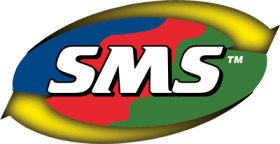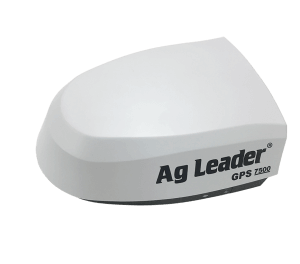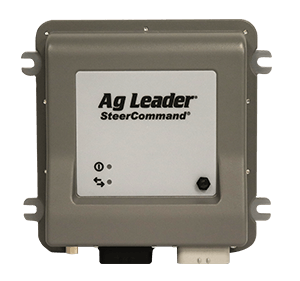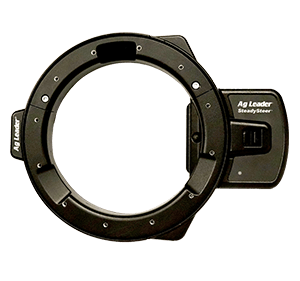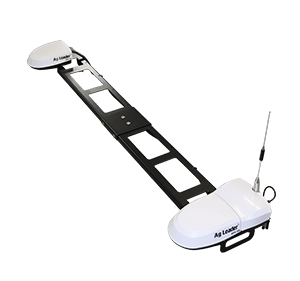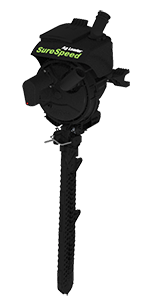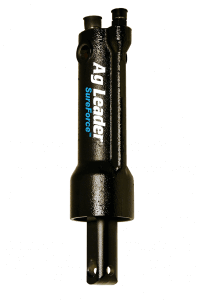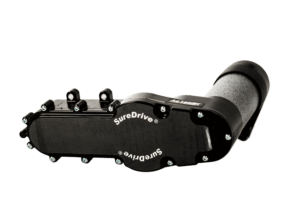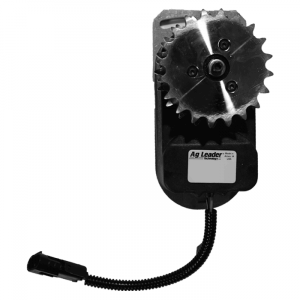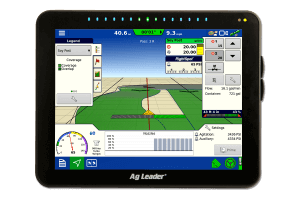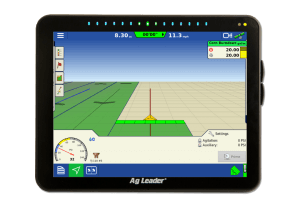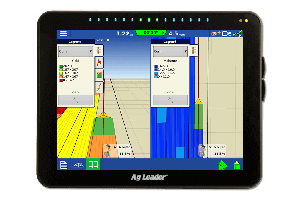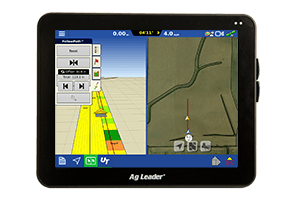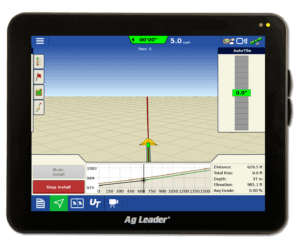International Perspective: Language Barriers
Traveling internationally for my job is something that definitely has its perks, but there are also some inconveniences in this line of work. Some of the biggest challenges for me are the language barriers in different parts of the world. With Ag Leader distributors in over twenty-five countries, we find ourselves working with customers that speak many different languages.
Thankfully for me, all of our International Distributors are able to speak English, so I usually have a translator with me for our customer meetings and trade shows. There are some parts of my trips where I don’t have this luxury. Things like ordering food, checking into hotels and taking taxis can be a bit of an adventure when you don’t speak the local language.
I am currently learning Spanish, but I haven’t figured it out overnight. I took two years of Spanish in high school, but since it wasn’t a requirement for me to get into college, I didn’t take any more. I remember asking myself “I’m going into agriculture for a career, why would I need to speak Spanish in Iowa?” Looking back, that decision obviously has backfired on me. Hopefully soon I will be able to speak Spanish well enough to present all my sales and training information without a translator.
Another language barrier I face when I travel is the metric system. I remember learning the metric system when I was growing up because, according to my teachers, “we will eventually be switching over to the metric system in the U.S.” Well, so far we haven’t made the switch and don’t look to be close, and the fact is the rest of the world uses the metric system. Currently, the only countries who exclusively use the imperial system are the U.S., Liberia and Burma. This means that I have to convert things like the temperature, area, yields and application rates in every country that I visit. This is something I find to be quite difficult since all my life I have been using acres, bushels and gallons when talking about farming practices.
The last language barrier that comes to mind is the difference in the crops grown and equipment used by our customers around the world. People don’t grow corn and soybeans in every country, and they don’t all use John Deere and Case equipment. I find myself spending more time discussing the field work for canola, rice, sugarcane and broccoli than the corn and soybeans grown around our office in Ames.
The machinery does have most of the same components, but they are all in slightly different places on the foreign machines. However, there are some pieces of equipment that are completely different to the equipment I am used to.
I have a lot to learn about the languages and farming operations around the world, but from what I have experienced so far there are plenty of opportunities for precision agriculture to benefit their operations. Even though these language barriers can make things more complicated when traveling, I still enjoy all the opportunities I have to learn.



